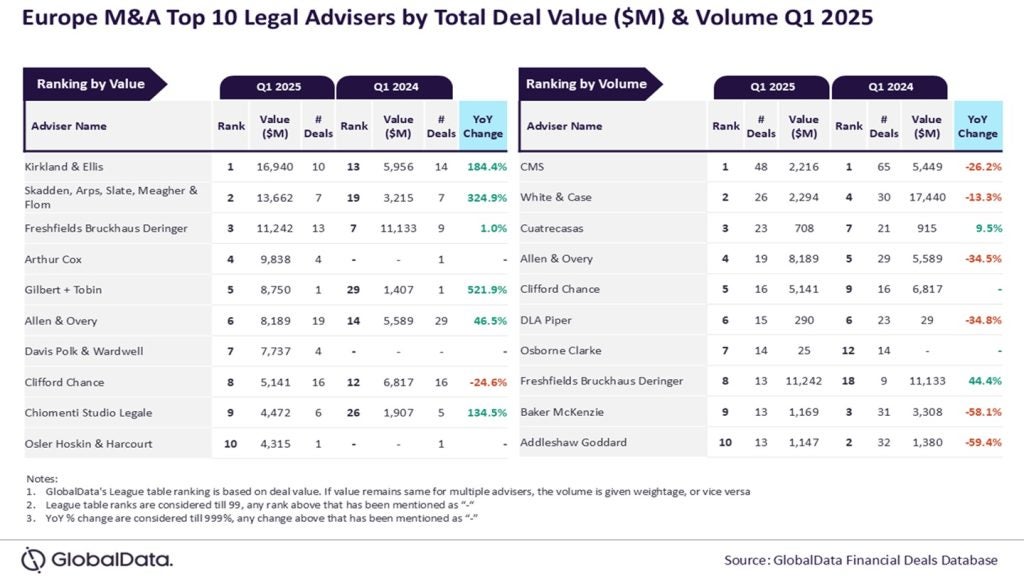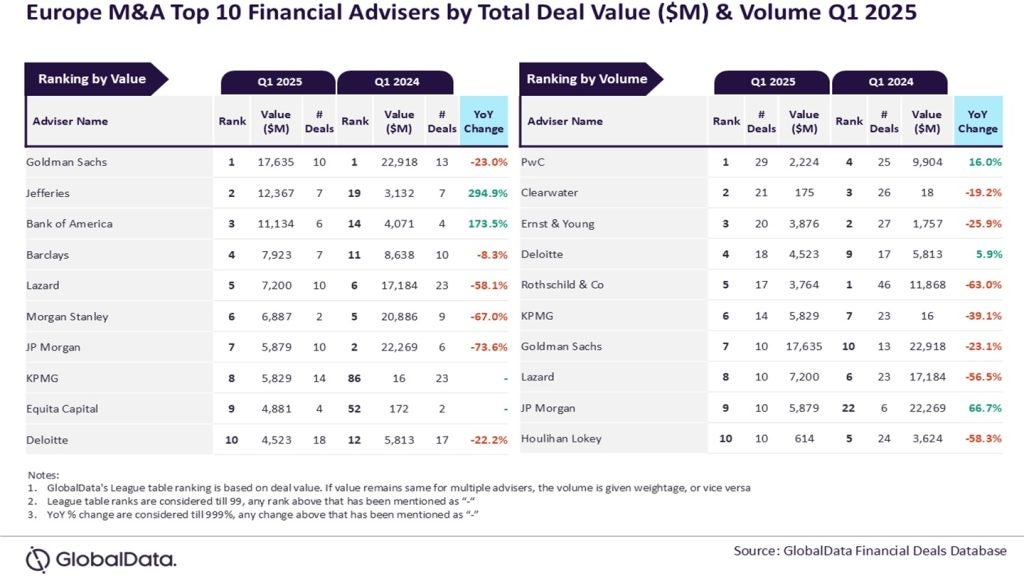Global markets have remained surprisingly resilient, although much of the positive performance can be attributed to a handful of key regions and has largely been concentrated within mega-cap technology stocks. But what trends will hit wealth management in 2024? Eric Mellor, Wealth Management Specialist, Temenos, writes.
This performance, however, has created an environment of optimism for 2024, and fears of a global recession seem to have been replaced with hopes of a softer landing.
What cannot be ignored are the key challenges still to be resolved. Higher interest rates will impact borrowers and reduce consumer spending, in turn, impacting growth. Inflation spikes, an ongoing cost of living crisis and growing geo-political tensions, all serve to remind us that we should exercise caution.
In 2023, we saw many wealth firms continuing on their digitisation journey, and in 2024, we expect to see a continuation of this. There remain pockets of underserved opportunity within the increasingly crowded HNW and UHNW segment, and the mass affluent customer segment continues to demand more and more from their wealth providers, accelerating competition for market and wallet share.
- ESG
Wealth managers still face several decisions and challenges when deciding how to adopt a suitable ESG framework. There are over 300 separate companies providing ESG Asset Data and no single internally recognised standard for reporting.
Whilst the US is seeing significant growth in the use of ESG-focused passive strategies, this remains an area where active investors can still create a niche offering and outperform. Wealth managers will need to consider their strengths, the availability of data, the likely appeal in their region of operation and the flexibility of their local regulatory environment before deciding on how they implement and evolve their own ESG offering.
An ESG-focused service offering should no longer be considered a ‘nice to have’ that may create a competitive advantage, instead, it is set to become a ‘must have’ that will form the cornerstone of any client-focused wealth management offering.
- Persona Based Segmentation
Historically, most banks and wealth managers have segmented customers based on just two criteria, The net worth or assets under management of the customer and their deemed attitude towards investment risk.
Whilst relatively simple for the bank, at a client level, this approach is sub-optimal.
At a product level, a mass affluent offering in a region with a very mature wealth segment may look more like a private banking offering in a less developed country.
A client on the cusp of private banking eligibility may still be classified by his or her bank as a mass affluent customer but may, in fact, require access to more complex products and services. With an increase in the use of data analytics, machine learning and AI tools, many wealth managers are now able to offer more personalised, ‘persona’ based offerings.
Whilst ESG-compliant investments have grown in popularity, in many geographical regions, they remain a niche area requested by only a small proportion of the overall customer base. Likewise, digital assets, structured products, OTC derivatives and more. The ability to create distinct ‘personas’ enables wealth managers to craft unique, bespoke offerings, based both on product and service levels that will likely appeal to a smaller, but still significant, individual sub-set of customers.
Implementation of a persona-based service offering will likely require a significant amount of transformational change within the organisation with a heavy focus on operational process, distribution channels, sales and marketing, but those who are able to implement such an offering will have the chance to achieve higher degrees of operational efficiency, reduced sales and marketing costs and the chance to build dedicated long-term relationships with a loyal customer base.
- Wealth Service Offerings for Women investors
In 2023, we spoke at length about the ongoing generation wealth transfer, during which some $85 Trillion dollars is set to change hands as the baby boomers pass on the largest amount of wealth ever accumulated.
Since women generally outlive their spouses, it is likely that, in many cases, a parallel inheritance will take place before the money is passed to the next generation.
Combined with a significant growth in career women and female entrepreneurs, this represents a significant and very underserved market. Schroders has conducted research that indicates only 5% of UK-based advisers have a different strategy for advising, attracting and retaining female clients and globally, wealth management remains an industry that is heavily male-dominated.
In addition to the higher likelihood of a lateral inheritance, women are deemed to be more likely to have a pension funding gap, primarily the result of reliance on a spouse or time away from the workplace to raise children. They are also deemed more likely to provide a ‘living inheritance’ – making gifts to their offspring for large expenditures such as property deposits and education funding.
Whilst there is little evidence to suggest that female clients prefer to work with female wealth managers, research would suggest there is a strong preference for better listening skills and clearer communication.
Those firms that can recognise the growing importance of this segment and are able to craft a service offering to accommodate these unique requirements may earn a significant competitive advantage relative to their peers.
- Securities Tokenisation & Blockchain
2023 was an interesting year for crypto assets. Bitcoin prices soared in December, despite the collapse of FTX and sister Hedge Fund Alameda earlier in the year and the arrest of Binance founder Changpeng Zhao, facing federal charges in the United States.
Despite these woes, many banks and asset managers remain focused on the technology that underpins cryptocurrency – the digital ledger or blockchain.
The transparency, security and accuracy that blockchain can deliver to enhance efficiency throughout the investment and asset management value chain offer a significant appeal to banks for both ‘Blockchain native’ assets (Security Tokens) or ‘synthetic assets’ and ‘Blockchain embedded’ assets (tokenised securities), those that exist in the ‘real’ world as an existing physical asset.
By tokenising assets, investment and asset managers may be granted the opportunity to standardise, use smart contracts to aid with compliance and significantly reduce costs and increase efficiency by, for example, reducing settlement times. Furthermore, tokenisation may improve liquidity and provide retail investors with access to assets that are currently non-fractionable, such as large real-estate investments and private equity investments.
The greater transparency allows for a single source of truth and will eliminate disputes or delays relating to record keeping.
- Global Mobility
A recent EY survey of over 1,000 HR professionals suggests that 88% of employers consider mobility as an approach to address global talent shortages, and 90% plan to sustain or increase the organisation’s scope of mobility over the next three years.
This presents a series of unique challenges for wealth management firms. Aside from the logistical challenges associated with providing the remote delivery of advice and services to globally mobile clients, other important factors need to be considered.
Domestic and international tax implications, including income, capital gains and inheritance tax will need to be factored into recommendations. Insurance contracts may not be valid beyond the country of initial underwriting. State pension gaps may need to be addressed for extended periods spent overseas, and rules for tax treatment of benefits in retirement will need to be considered.
Whilst a period of time spent overseas may often be beneficial for many clients, allowing access to a lower rate tax environment and providing more capital for savings and investments, even for firms with a global or multi-regional presence, client data residency rules may prevent or hinder a true ‘360 degree’ view of a client’s domestic and overseas assets making a holistic approach to advice more challenging.

Eric Mellor is a wealth management specialist at Temenos.








